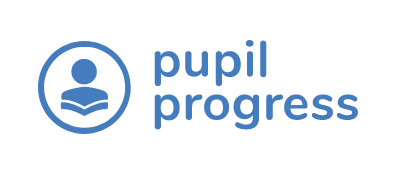Options for Year 9 Students: Using Data to Support GCSE Choices

Year 9. That tricky in-between phase where students are no longer the fresh-faced newbies of secondary school but not yet in the high-stakes world of GCSEs. It’s also the moment they start making some big decisions about their future.
For many Year 9 Students, choosing their GCSE options is very daunting - which modern foreign languages do they enjoy learning? Should they pursue the arts? Or Dodge PE forever? (Nice try, but core PE is still a thing!)
As educators, we know these choices aren’t just about picking favourite subjects. They can shape future pathways into further education, training, and careers.
Some students move confidently toward their goals. Others feel lost, like they are in a foggy maze. They rely on TikTok career advice, (which is not always ideal).
This is where clear, accessible data becomes a game-changer. Instead of students relying on gut feelings (“I think I’ll be good at this”) or external pressure (“Mum says I should do Mandarin”), they can make choices based on evidence - their own progress, strengths, and potential.

By using robust attainment tracking, we can offer insights into:
Current performance – Are they excelling in a subject? Struggling?
Progress trends – Are they improving? Holding steady? In danger of plateauing?
Subject suitability – Which subjects align with their strengths and aspirations?
Future implications – What doors do each choice open or close?
Helping Students Own Their Decisions
At Pupil Progress, we understand that data tracking isn’t just for number-crunching—it’s for guidance. Our individual student reports give a clear view of each student's progress for a range of subjects. This helps school leaders, Heads of Year, and support teams give personalised advice.

Rather than overwhelming students with a sea of grades, our reports highlight the bigger picture: progress, predictions, and potential. They help to frame constructive conversations, giving students confidence in informed decisions and ensuring that their choices aren’t just based on gut instinct but on real, meaningful insight.
Of course, data alone isn’t the answer—supportive conversations and context matter too. Students need to feel empowered, not pigeonholed by numbers. A student who struggles in Year 9 Maths but has a passion for Engineering shouldn’t be discouraged—they might just need targeted support to bridge the gap. Likewise, a student who’s coasting in English but aiming for a career in journalism may need a gentle nudge towards greater effort.
When students understand their data, they gain clarity and control. Instead of feeling like choices are made for them, they start to take ownership, making decisions that genuinely reflect their strengths and ambitions.
Year 9 options can be daunting, but data turns confusion into clarity. By using Pupil Progress’ individual student reports, school leaders can guide students towards informed, confident decisions about their future. Because when it comes to shaping their journey ahead, transparency goes a long way.

- Barnaby Grimble, Co-founder and CPO of Pupil Progress

Comments